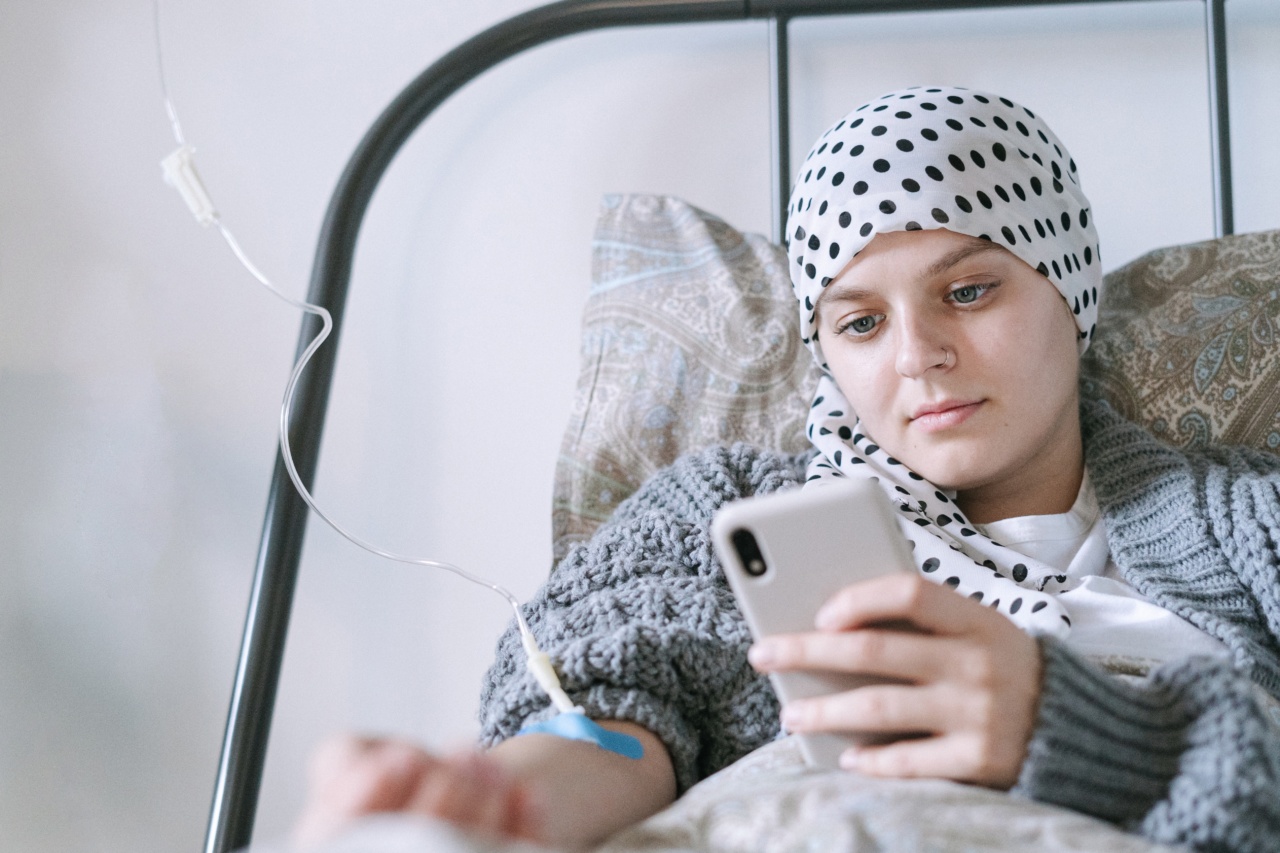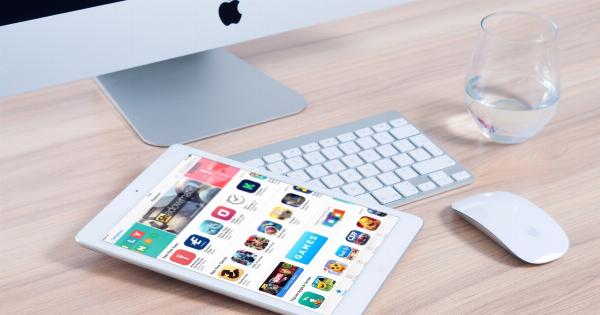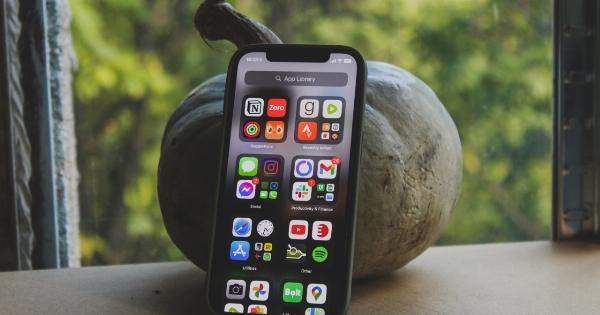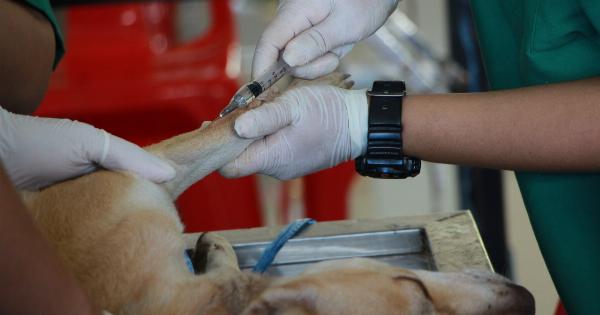Cancer patients go through a lot in their treatment journey, and it can be overwhelming to keep track of appointments, medications, and symptoms.
Medical professionals aim to keep these patients organized and informed, but it can be challenging to maintain accurate and comprehensive records.
However, advancements in technology have made it possible to track treatment progress in real-time. Mobile phones are increasingly being used as cancer treatment trackers.
This advancement is game-changing for cancer treatment, as it allows for a streamlined and precise approach to treatment.
The Importance of Accurate Tracking in Cancer Treatment
The successful treatment of cancer patients depends on many factors, including accurate tracking of symptoms and medication. It is not uncommon for patients to develop many complications during cancer treatment.
Keeping a record of these symptoms can help medical professionals assess whether the patient is reacting well to treatments.
The monitoring of vital signs in real-time is an essential part of cancer treatment. However, this task can be a daunting one, as patients need to remember to take their medication regularly and track their symptoms.
By using mobile phones as cancer trackers, cancer patients can take an active role in managing their treatment.
How Mobile Phones Work as Cancer Tracking Devices
Mobile phones have different sensors that can monitor vital signs, which makes them ideal tracking tools for cancer patients. These sensors include:.
- Accelerometers
- Pedometers
- Gyroscopes
- Compass sensors
- GPS
The combination of these sensors enables the mobile phone to track a patient’s activity level, food intake, hydration levels, and sleep. The phone can also monitor the patient’s heart rate, stress levels, and overall mood.
These tracking capabilities help to provide a more complete picture of the patient’s health.
The Advantages of Mobile Phones as Cancer Treatment Trackers
Mobile phones offer many advantages that make them ideal cancer treatment trackers:.
- Accurate Monitoring: Mobile phones use advanced sensors to track symptoms accurately. The sensors can detect subtle changes in the patient’s activity levels and other vital signs.
- Precise Data: The data gathered by the mobile phone is precise and accurate; this data helps the doctors make informed decisions about the patient’s treatment.
- Easy to Use: Mobile phones are easy to use, and patients can integrate them seamlessly into their daily lives.
- Real-Time Data: Cancer patients can monitor their symptoms and make necessary adjustments to their treatment plan in real-time.
- Cost-Effective: Mobile phones are relatively inexpensive and are widely available, making them accessible to most patients.
Challenges to Implementing Mobile Phones as Cancer Treatment Trackers
While mobile phones offer many advantages as cancer treatment trackers, there are some factors to consider when implementing them. Some of the significant challenges include:.
- Data Security: Mobile phones need to be secure to protect patient data. Medical facilities must ensure that patient data is only accessible to authorized personnel.
- Integration with Electronic Medical Records: Integrating mobile phone data with electronic medical records can be a significant challenge. Medical professionals need to find ways to streamline this process.
- Patient Compliance: Patient compliance is essential in making mobile phones as cancer treatment trackers a success. Patients need to use the device according to instructions, and this can be difficult to enforce.
- Data Privacy: Mobile phone tracking can reveal sensitive information about a patient’s personal life, making privacy a significant concern. Patients need to be informed about the information collected by mobile phones and how it will be used.
The Future of Mobile Phones as Cancer Treatment Trackers
Mobile phones are becoming increasingly popular as cancer treatment tracking tools. With new advancements in technology, these devices will become even more useful.
The integration of IoT (Internet of Things) technology has the potential to revolutionize cancer treatment.
The integration of mobile phone data with IoT devices can provide real-time monitoring of vital signs. Smartwatches can also monitor patient movement, which can provide insights into the effectiveness of cancer treatment.
Conclusion
Mobile phones as cancer treatment trackers are a game-changer in cancer treatment. These devices offer numerous advantages, such as accurate monitoring, precise data, ease of use, real-time data, and cost-effectiveness.
While challenges such as data security, patient compliance, and data privacy need to be addressed, the future of mobile phones in cancer treatment tracking is bright.






























